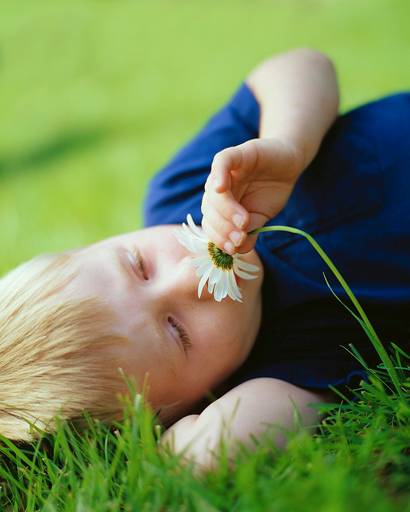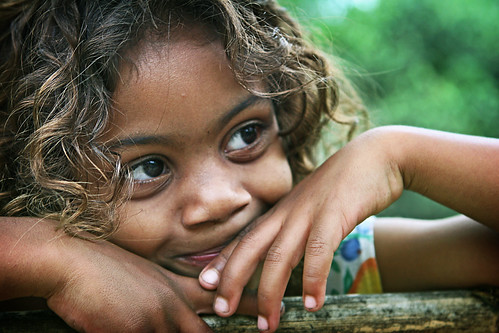 While out for dinner last night, my sister had called concerning my niece's (her daughter's) first communion that will be happening tomorrow; she had a couple questions, and wanted to make sure I remembered the gift I picked up for her in the cities. On my way home, I called them and ended up talking to my niece. As she's seven years old now, she wants to be a big girl and answer the phone, which she did (which I have mixed feelings about, but I digress). Now, ordinarily, when she recognizes my voice, she quickly screams into the phone, "Greggy!!!" But tonight she didn't. Her response was rather somber. She said she didn't recognize my voice.
While out for dinner last night, my sister had called concerning my niece's (her daughter's) first communion that will be happening tomorrow; she had a couple questions, and wanted to make sure I remembered the gift I picked up for her in the cities. On my way home, I called them and ended up talking to my niece. As she's seven years old now, she wants to be a big girl and answer the phone, which she did (which I have mixed feelings about, but I digress). Now, ordinarily, when she recognizes my voice, she quickly screams into the phone, "Greggy!!!" But tonight she didn't. Her response was rather somber. She said she didn't recognize my voice.
Whether that's actually the case or not, I was taken aback after hanging up the phone. To a certain extent, it was a change in routine and what I expected, and so I felt some disappointment. I pondered for a moment on the possibility of her recognizing the "childishness" of getting excited over simply the attention of this or that person, which spurred further reflection.
There is a simplicity to youth, to childhood; we talk about the "simple pleasures" in life; the ease of what it's like "to be a kid," sometimes desiring to be a kid again. Sometimes, however, we are annoyed by the childishness of others. Is this perhaps out of some sort of jealousy? Either way, after hanging up, I thought to myself, "Well, she does have to grow up sometime." It's kind of like eventually learning that there is no Santa Claus: no one likes to be the last one to know that he's a myth (I do use this term purposefully, especially since I'm reading C.S. Lewis' Perelandra, where he argues that myth and fact are really the same, just from different perspectives). It's good for kids to grow up, to be mature.
Yet, is there a "maturity" which exceeds authentic integration of wonder, mystery, passion and excitement? Obviously, given the simple history of the Stoic philosophers, et al., there must be. Some might say that it's simply a realistic recognition of what life is really like.  In this maturity, there's a way in which childhood ignorance is lost, as well as (perhaps) childhood innocence. But this is exactly my issue. I don't want my niece to lose her childhood innocence, but how do we distinguish that from a possible childish ignorance. Surely there must be a way in which a child's simple fascination at perhaps the most mundane things in life (like her uncle calling her) and that generic spirit of joy of life wherein, on the whole, all is blessing, while at the same time recognizing that there is evil in the world, that not everything is perfect, that not everyone is perfect. There must be a way that childhood innocence can be maintained while childhood ignorance/immaturity can be gradually whittled away.
In this maturity, there's a way in which childhood ignorance is lost, as well as (perhaps) childhood innocence. But this is exactly my issue. I don't want my niece to lose her childhood innocence, but how do we distinguish that from a possible childish ignorance. Surely there must be a way in which a child's simple fascination at perhaps the most mundane things in life (like her uncle calling her) and that generic spirit of joy of life wherein, on the whole, all is blessing, while at the same time recognizing that there is evil in the world, that not everything is perfect, that not everyone is perfect. There must be a way that childhood innocence can be maintained while childhood ignorance/immaturity can be gradually whittled away.
Going about accomplishing this very delicate and intricate task must be quite difficult. To you parents out there, God bless you and I applaud you for whatever heroic efforts you have made and continue to make in this regard. Oh, to be a kid again.



No comments:
Post a Comment
Note: Only a member of this blog may post a comment.